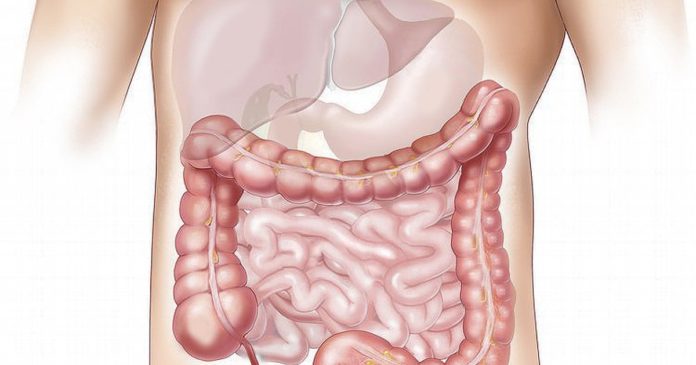A new survey report has revealed a quarter of Australians with inflammatory bowel disease have used medicinal cannabis to ease their symptoms.
Inflammatory bowel disease (IBD) is a term used to describe disorders involving chronic inflammation of the digestive tract. Types of IBD include ulcerative colitis and Crohn’s disease. According to Crohn’s and Colitis Australia, IBD is becoming more prevalent, affecting approximately 1 in 250 people aged 5-40.
As well as the pain it causes sufferers, IBD has a huge economic impact. A 2007 study commissioned by CCA and conducted by Deloitte Access Economics revealed a $2.7 billion annual cost associated with Crohn’s disease and ulcerative colitis in Australia.
Treatment can be a hit-and-miss affair with conventional medications providing mixed results, and at times some unpleasant side effects. Given IBD’s prevalence and impact, it’s little wonder more Australians are turning to cannabis, which contains cannabinoids with anti-inflammatory attributes*. However, this has its risks – mainly around legal issues.
Research conducted by the Lambert Initiative for Cannabinoid Therapeutics at the University of Sydney found a quarter of Australians with IBD have used cannabis, but this has been predominantly sourced from illicit channels. Perhaps reflecting the difficulties in navigating Australia’s medical cannabis system, only three respondents (1.4 percent) used legal pathways provided by the Australian government.
The survey revealed more than 90 percent of patients reported medicinal cannabis use helped with symptom management, primarily in relation to abdominal pain, stress, sleep, cramping and anxiety symptoms. However, there were fewer benefits in relation to symptoms associated with disease pathology.
“This survey is informative to future research in this field and to continuing the discussion around medicinal cannabis for IBD management – particularly so that clinicians may better understand what their patients’ may already be doing to self-manage their symptoms,” said lead author Dr Melissa Benson.
*Side-note: Back in 2018 we reported on a baffling study that found cannabis to be effective in treating some sufferers of Crohn’s Disease, but the assumed reason it worked wasn’t clear – it didn’t appear to be in connection to its anti-inflammatory effects.


